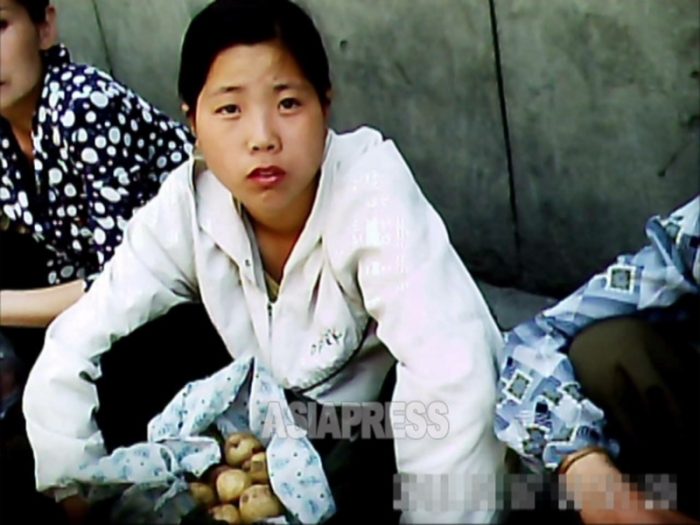
◆ Harmful Impact on Ordinary People
Since mid-April, the North Korean authorities have begun to strongly interfere with and control individual economic activities. In addition to prohibiting common people from selling homemade bread, noodles, and other products, the authorities are also preventing unregistered products from being sold in public markets. The authorities have taken an unprecedentedly tough stance, confiscating goods without mercy in cases of violations, causing distress among ordinary people. On April 21, a reporting partner living in the northern Ryanggang Province gave us the following information (Kang Ji-won).
Our reporting partner explained how the crackdown is being implemented in Hyesan thusly, “The strong measures began after April 15 (Kim Il-sung's birthday) and are aimed at eradicating private business outside the public market. From selling bread or buckwheat on the street to running a private restaurant in your own home, selling products on the street is completely banned and the goods will be confiscated without mercy if found. Any business that has not been approved by the authorities is strictly prohibited.”
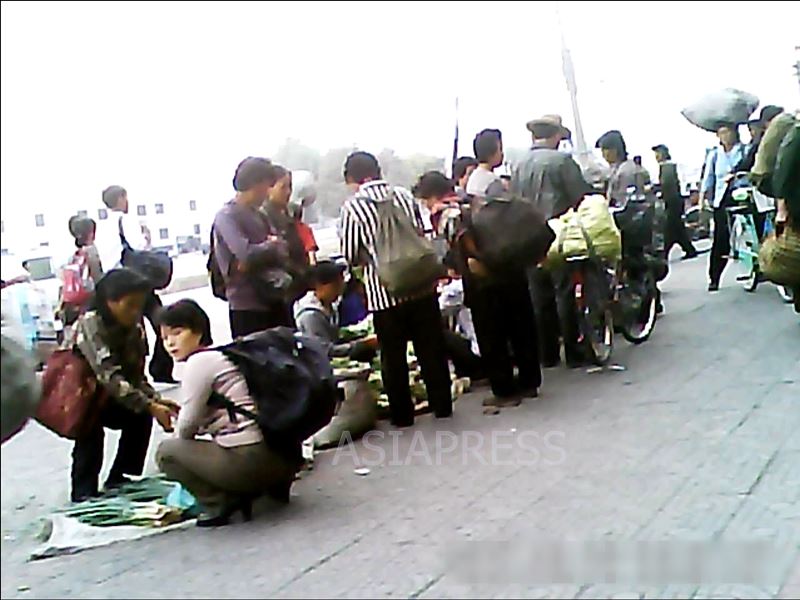
◆The policy of "strengthening socialism" set by the party congress
The move to curb individual economic activity has been gaining momentum since 2019. The latest restrictions are said to be part of a policy handed down from the center to "eliminate individualism altogether". It is based on the policy of "strengthening socialism" and "fighting against non-socialism and anti-socialism" stressed at the 8th Workers' Party Congress.
There are hundreds of public markets in North Korea that are recognized and managed by the authorities. They are under the jurisdiction of the Commerce Management Bureau, an administrative agency. Traders pay a monthly fee called a "place tax" to register and rent a space about 80cm wide.
On the other hand, business activities outside the market have also been very active. In the vicinity of the market and in front of the station, many merchants who were not registered with the authorities gathered to sell goods and run open-air restaurants. Individuals operating wholesale and retail businesses in their homes and warehouses without authorization were also common throughout the country. It is likely that the Kim Jong-un regime's intention with this crackdown is to eradicate such business activities outside the control of the authorities.
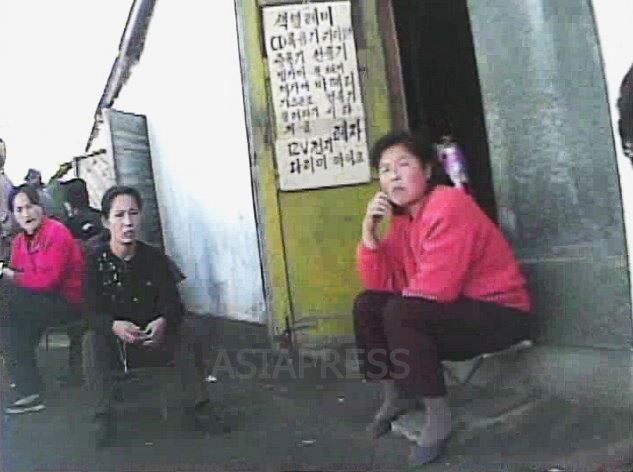
◆ Only women over 50 can do business
Even within the public markets, control has been tightened. The market is patrolled by a crackdown team of ex-military personnel called the "inspection team" to check for the use of Chinese Yuan and the sale of unregistered products. "For example, selling socks in the shoe section is not allowed," said a reporting partner.
Moreover, the age limit for doing business in the market has been renewed to women over 50 years old. The purpose of the law is believed to be to keep young women out of business and place them in workplaces. Young women are no longer allowed to circumvent this law by saying that they are temporarily running their mother’s stall or watching over their belongings. The practice of leading customers to houses or warehouses to sell them products there has also been banned.
◆Some people resist by crying out
It is the ordinary people who are forbidden to do business. Our reporting partner described the atmosphere in the area as follows, saying that more and more people are fearful of losing their cash income suddenly.
“The violent crackdown was like something out of a movie. The merchants resisted by crying and screaming. Even an old lady sitting near the market selling sunflower seeds was chased away. I really feel sorry for her. Since the government does not provide rations, the people have been earning for food on their own, but now they can't even do that. There are people who want to defect too.”
The number of ordinary people who survive through independent business activities is enormous. However, there is a possibility that this crackdown will only be a temporary one.
※ASIAPRESS contacts its reporting partners in North Korea through smuggled Chinese mobile phones.
- Powerful nations fear the Internet. North Korea has a usage rate of less than 0.1%, the worst controlled country in the world. (ISHIMARU Jiro) (2021-04-19)
- <Inside N. Korea> “Coronavirus Comes from the Sea”: Impoverished Fishermen Forced to Sell their Ships to Survive (2021-04-14)
- <Inside N. Korea> Kim Jong-un Regime Orders Emergency Import of Medicine: Many Dead due to Collapse of Medical Care Under Coronavirus Restrictions (2021-04-12)
- <Inside N. Korea>Military Cuts (Part 1): Military service for men cut from 13 to 8 years... What are Kim Jong-un's intentions? (2021-04-02)
- <Inside N. Korea> Agricultural Materials in Short Supply as Farmers Predict Disastrous Harvest (2021-03-30)
- The lockdown in Hyesan suddenly lifted after only two days, due to strong opposition (2021-03-11)

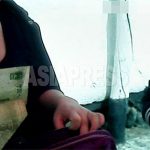
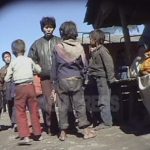
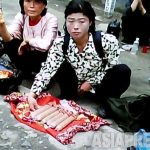
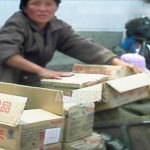
![<Inside N. Korea> The Deteriorating Plight of the People (1) Residents Impoverished by Excessive Coronavirus Quarantine Measures [ISHIMARU Jiro]](https://www.asiapress.org/rimjin-gang/wp-content/uploads/2021/07/202107-dandong-04_logo-150x150.jpeg)



















